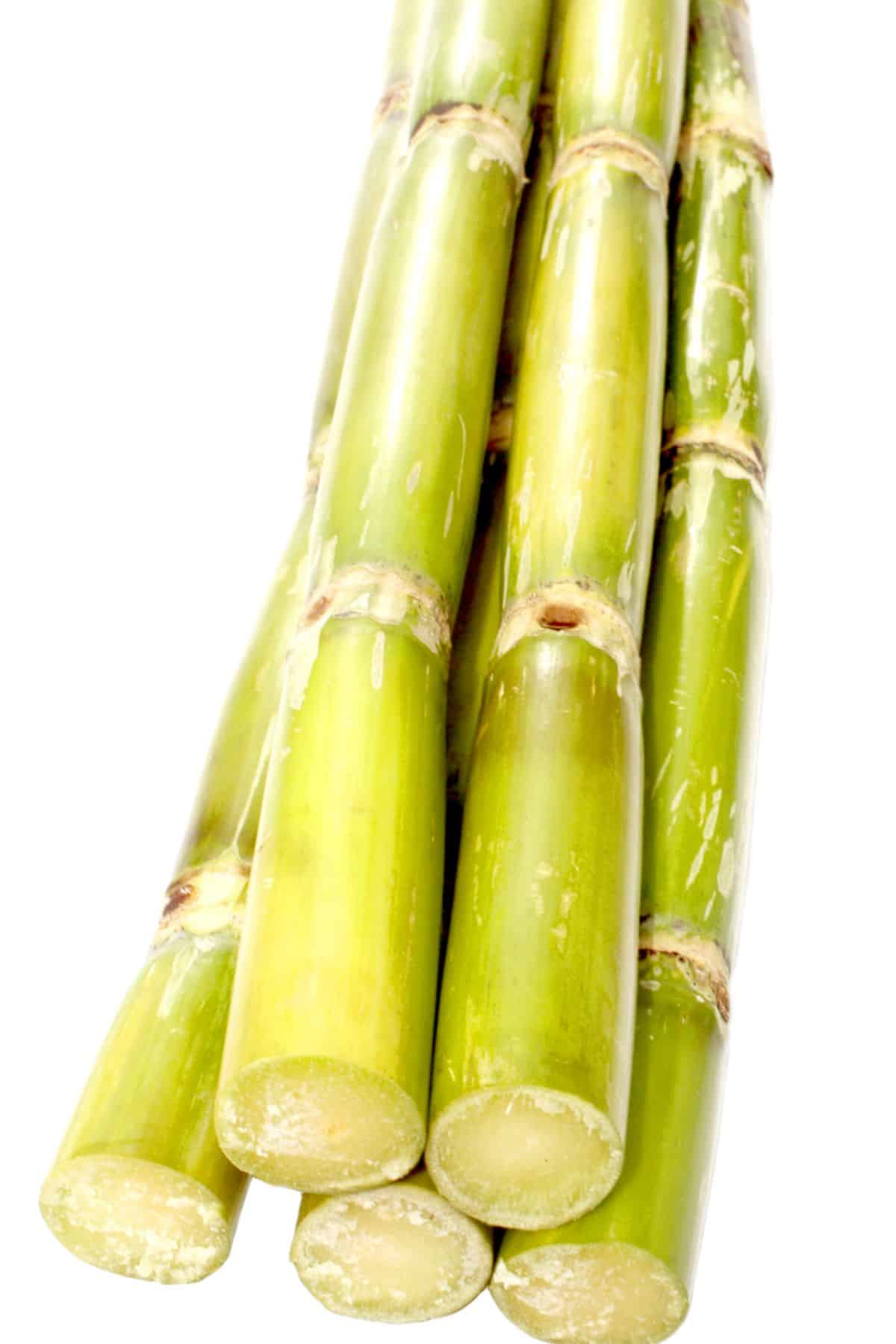Cane Sugar Processing: Conventional Approaches and Modern Innovations
Cane Sugar Processing: Conventional Approaches and Modern Innovations
Blog Article
A Detailed Review of the Wellness and Economic Ramifications of Walking Stick Sugar Handling on Neighborhood Communities
Walking cane sugar handling plays an essential duty fit the financial landscape of local communities, supplying employment possibility and promoting secondary sectors. Nevertheless, the health and wellness implications associated with high sugar consumption can not be ignored, as they add to climbing prices of weight problems and diabetes. This nuanced vibrant invites a crucial examination of how communities can optimize economic gains while dealing with journalism health challenges they deal with. The expedition of educational campaigns and lasting practices might simply hold the trick to fixing up these clashing interests. What methods might communities carry out to attain this equilibrium?
Economic Advantages of Cane Sugar Handling
Walking cane sugar processing provides significant economic advantages that expand past the immediate farming sector. The growing and handling of sugarcane create many job opportunities, from farming to manufacturing and circulation. This employment generation not just sustains local economies yet additionally fosters area growth by offering stable revenue resources for family members.
In addition, the sugar market promotes ancillary services, consisting of transportation, tools supply, and product packaging services (Cane Sugar Processing). As these industries grow, they add to a more robust economic framework, improving general community resilience. The export capacity of refined walking cane sugar additionally amplifies financial advantages, positioning areas as affordable players in worldwide markets
Financial investment in contemporary handling centers can bring about enhanced performance and performance, consequently lowering waste and maximizing resource use. This change not just benefits the local economic climate however also supports sustainability efforts by decreasing environmental impacts.
Moreover, the profits produced from walking stick sugar processing can be reinvested in neighborhood facilities, education, and healthcare, promoting alternative area growth. In general, the financial benefits of walking cane sugar processing are diverse, offering a foundation for withstanding success in farming regions.
Health And Wellness Threats Related To Sugar Consumption
Extreme sugar intake poses substantial health risks that require severe interest. High intake of added sugars, particularly from refined foods and beverages, has been connected to many health and wellness problems.
In addition, high sugar usage is connected with heart disease. Elevated blood glucose degrees can cause insulin resistance, a precursor to numerous heart-related concerns. Additionally, sugar can have harmful effects on dental health and wellness, resulting in cavities and gum illness, as germs in the mouth grow on sugar, creating acids that erode tooth enamel.
Moreover, emerging research study suggests a possible link between high sugar consumption and psychological health problems, such as depression and anxiety. As neighborhoods face these health risks, it becomes vital to advertise recognition and motivate healthier dietary selections. Attending to sugar intake is critical not only for private health and wellness however also for the general well-being of local areas, stressing the need for extensive public health and wellness methods.
Ecological Effects of Sugar Manufacturing
Regularly overlooked in discussions concerning sugar's implications is the considerable environmental influence of sugar manufacturing. The growing of sugarcane often demands considerable land use, causing logging, loss of biodiversity, and disturbance of regional communities. The conversion of forests and wetlands right into sugar haciendas can lead to environment damage, harmful countless types and altering environmental balance.
Furthermore, sugar manufacturing is resource-intensive, consuming substantial quantities of water for irrigation. This can lead to exhaustion of local water sources, detrimentally impacting both farming practices and area accessibility to clean water. In addition, making use of chemical plant foods and pesticides in sugarcane farming can add to soil deterioration and water air pollution, as runoff from these chemicals goes into neighboring rivers and lakes, affecting aquatic life and human health.
The environmental impact prolongs to the handling phase, where power consumption and waste generation further exacerbate ecological issues. Air air pollution from melting sugarcane areas, in addition to greenhouse gas emissions, contribute to climate change. Therefore, the environmental ramifications of sugar manufacturing warrant significant factor to consider, urging stakeholders to take on even more lasting methods to mitigate these damaging results on local communities and areas.
Job Creation and Neighborhood Development
The ecological challenges presented by sugar manufacturing are frequently counterbalanced by its capacity for economic advantages, specifically in work creation and area advancement. The walking cane sugar market acts as a considerable resource of work in several backwoods, giving tasks throughout different skill degrees, from agricultural labor to processing and distribution duties. This employment not just sustains individual families but likewise adds to the total financial vitality of neighborhood communities.
Furthermore, the establishment of sugar processing centers stimulates ancillary businesses, such as transportation solutions, equipment supply, and upkeep companies. As these companies flourish, they develop additional work and reinforce local economic climates. The revenue produced from the sugar industry additionally leads to boosted tax profits, which can be reinvested right into social work such as framework, education, and health care development.
In addition, the sugar market often takes part in community development efforts, such my latest blog post as supporting neighborhood schools and health programs, consequently enhancing the quality of life for homeowners. By cultivating strong community connections and advertising economic development, the walking stick sugar handling This Site sector plays a vital role in uplifting regional populations, making it an important component of lasting growth techniques in sugar-producing regions.
Harmonizing Wellness and Economic Development
In navigating the complexities of cane sugar handling, a crucial obstacle depends on balancing health and wellness factors to consider with financial development. The sugar market considerably adds to local economic climates by creating jobs, boosting associated fields, and enhancing tax incomes. Nonetheless, the health effects associated with extreme sugar usage can lead to persistent illness such as obesity, diabetes, and cardio concerns, which can problem public health systems and decrease labor force efficiency.

Furthermore, regulative frameworks can play a crucial function in guiding industry methods towards more health-conscious and sustainable methods. By fostering collaboration between government bodies, health companies, and the sugar market, neighborhoods can navigate the dichotomy of health and wellness and economic development, ensuring that the benefits of cane sugar processing are equitably shared while prioritizing public wellness.
Final Thought
Finally, the processing of cane sugar presents both considerable economic advantages and noteworthy wellness risks for regional areas. While it fosters work creation and promotes local advancement, the connected wellness concerns, especially relating to excessive weight and diabetic issues, demand a cautious balancing act. By advertising accountable intake and investing in area education and sustainable methods, it is feasible to take full advantage of financial advantages while reducing damaging wellness effects, thus ensuring a much healthier future for local populations.
Furthermore, sugar can have detrimental Extra resources impacts on oral wellness, resulting in tooth cavities and gum disease, as bacteria in the mouth flourish on sugar, producing acids that erode tooth enamel.
Addressing sugar intake is critical not only for individual wellness however additionally for the total wellness of local areas, emphasizing the demand for comprehensive public health methods.
Often ignored in conversations concerning sugar's ramifications is the substantial environmental effect of sugar production. The health and wellness ramifications associated with too much sugar intake can lead to persistent illness such as excessive weight, diabetes, and cardio problems, which can concern public wellness systems and diminish labor force performance.

Report this page